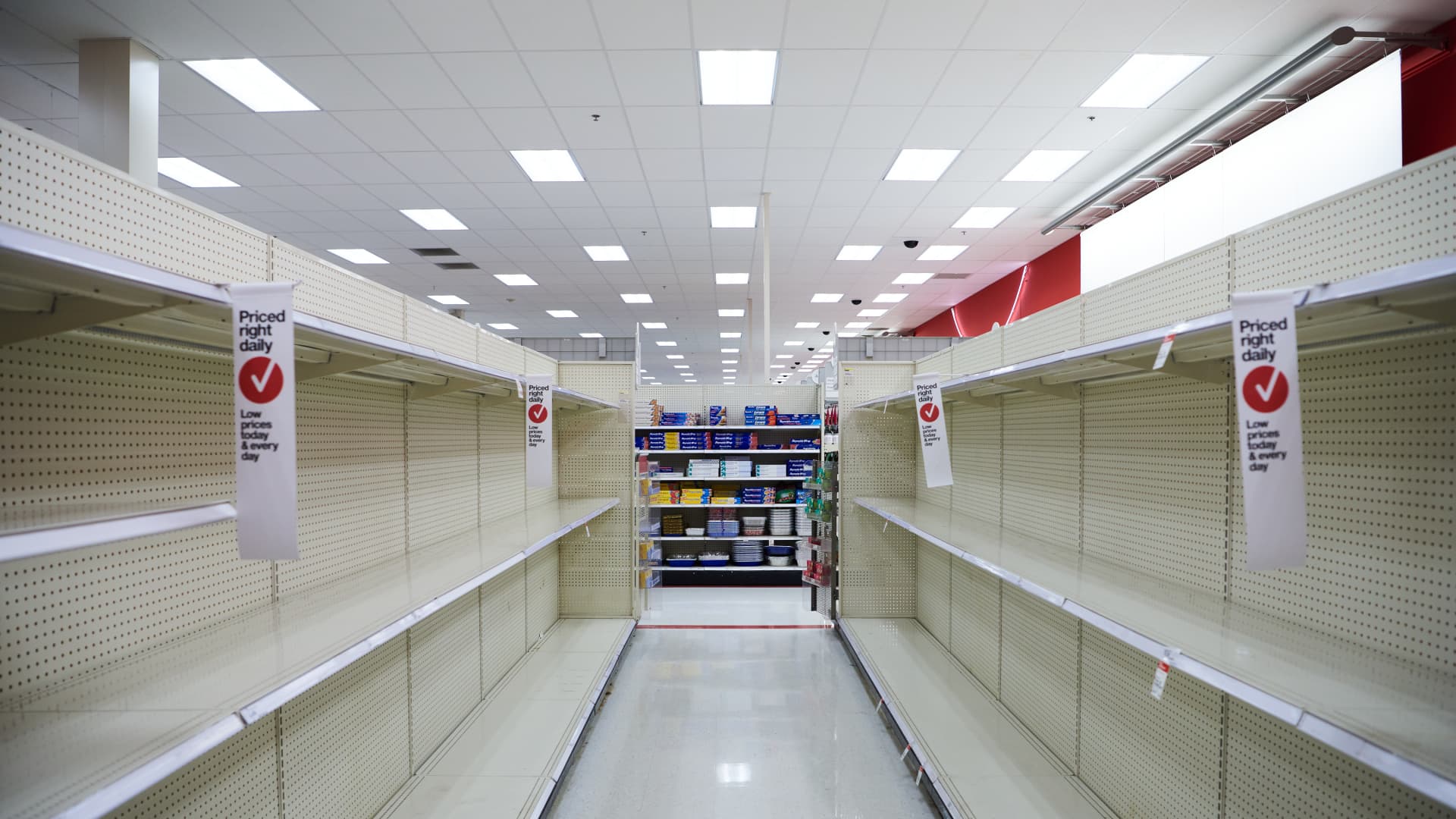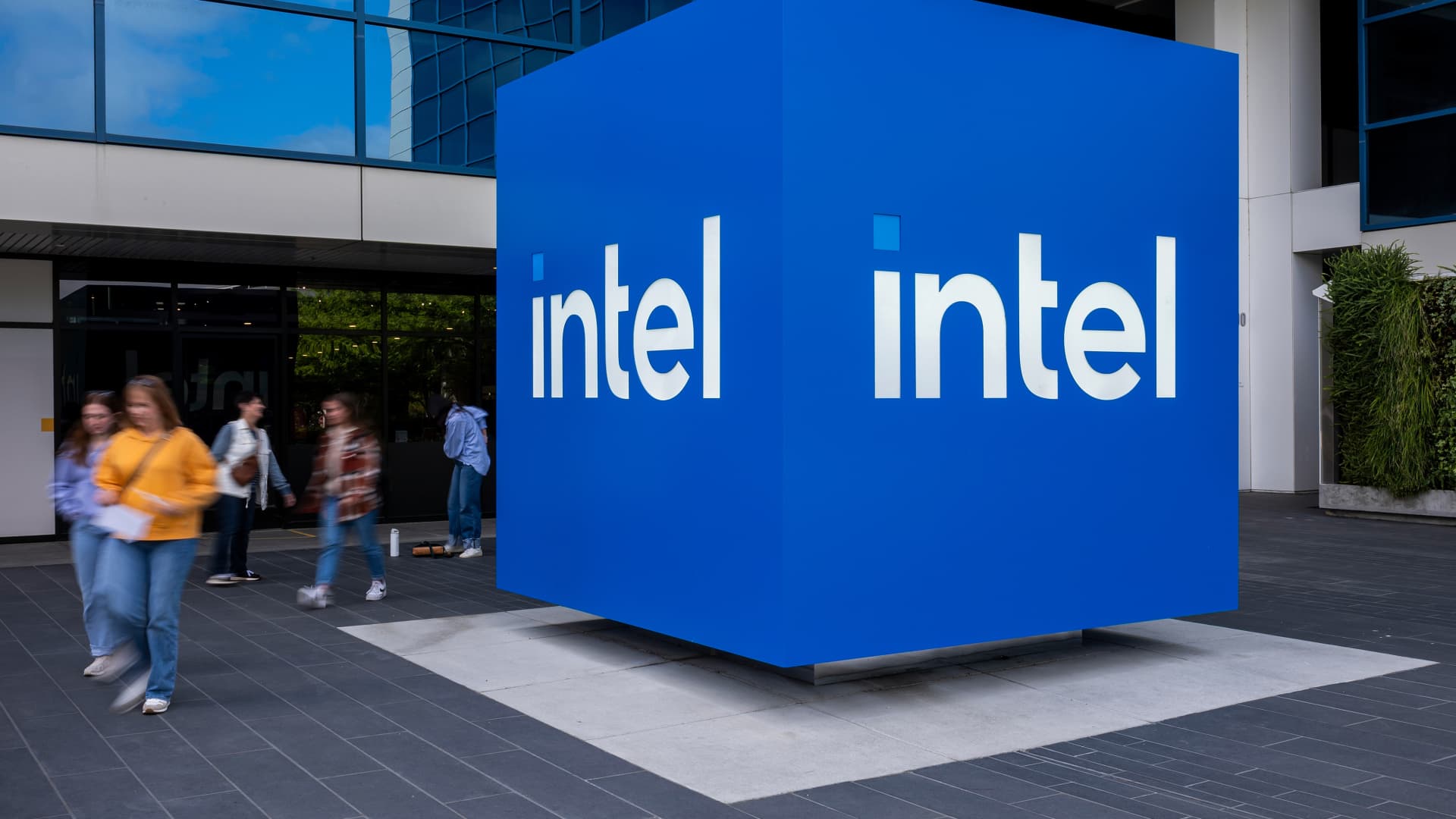
The uncertainty around trade tariffs is complex but a period of uncertainty also provides Europe with an opportunity to assert itself as an economic and geopolitical superpower, the governor of the Bank of Latvia told CNBC Thursday.
“With all this uncertainty and vulnerability, this is also the time of opportunities for Europe,” said Mārtiņš Kazāks, who is also a member of the governing council of the European Central Bank.
“It’s a time for Europe to grasp all the aspects of being an economic superpower and becoming a really fully-fledged political and geopolitical superpower, and this requires doing all the decisions that in the past, were not carried out fully,” after the global financial crisis, he said. The central bank chief cited a capital markets union, fiscal union and a single market in services as examples of further integration that were needed.
“This requires political will, political guts to make those decisions, and to strengthen the European economy and assert its place in a global world,” Kazāks told CNBC’s Carolin Roth on the sidelines of the IMF-World Bank spring meetings in Washington this week.
When asked what tariffs mean for the ECB, which implemented a 25-basis-point interest rate cut at its April meeting, Kazāks said decisions would be taken “from meeting-to-meeting because of this very poor visibility.”
“The uncertainty is very hard,” he noted, adding that “it’s certainly a very vulnerable situation for the global economy.”
“The [political] statements, the policy decisions and the political environment and especially the tariff war are what’s creating this extremely elevated uncertainty.”
Kazāks said financial markets should be monitored very carefully for any dramatic shifts in sentiment.
“So far it seems to be relatively orderly … but if one looks at the spillovers to Europe, the financial markets are working more or less fine, we haven’t seen spreads exploding or anything like that,” he said.
“But in terms, however, of the macro scenarios, this uncertainty is extremely elevated in the sense that, given the possible outcomes, the multiple scenarios and their probabilities are very similar with the baseline [tariff] scenario,” he said.
Although the initial duties announced in early April by U.S President Donald Trump, as well as the EU’s retaliatory countermeasures, were paused for 90 days until July, there are concerns over the wider impact on regional and global economic growth once that period ends.
The IMF earlier this week forecast that U.S. gross domestic product would expand 1.8% in 2025, down 0.9 percentage points from its January forecast. The fund also cut its global growth forecast to 2.8% this year, down 0.5 percentage points from its previous estimate.
The fund predicted a slight decline in the euro zone, forecasting that euro area GDP will hit 0.8% in 2025, before picking up modestly to 1.2% in 2026.
Kazāks said the IMF's forecasts were on the optimistic side, and that the risk of global recession was "not trivial."



Leave a Comment